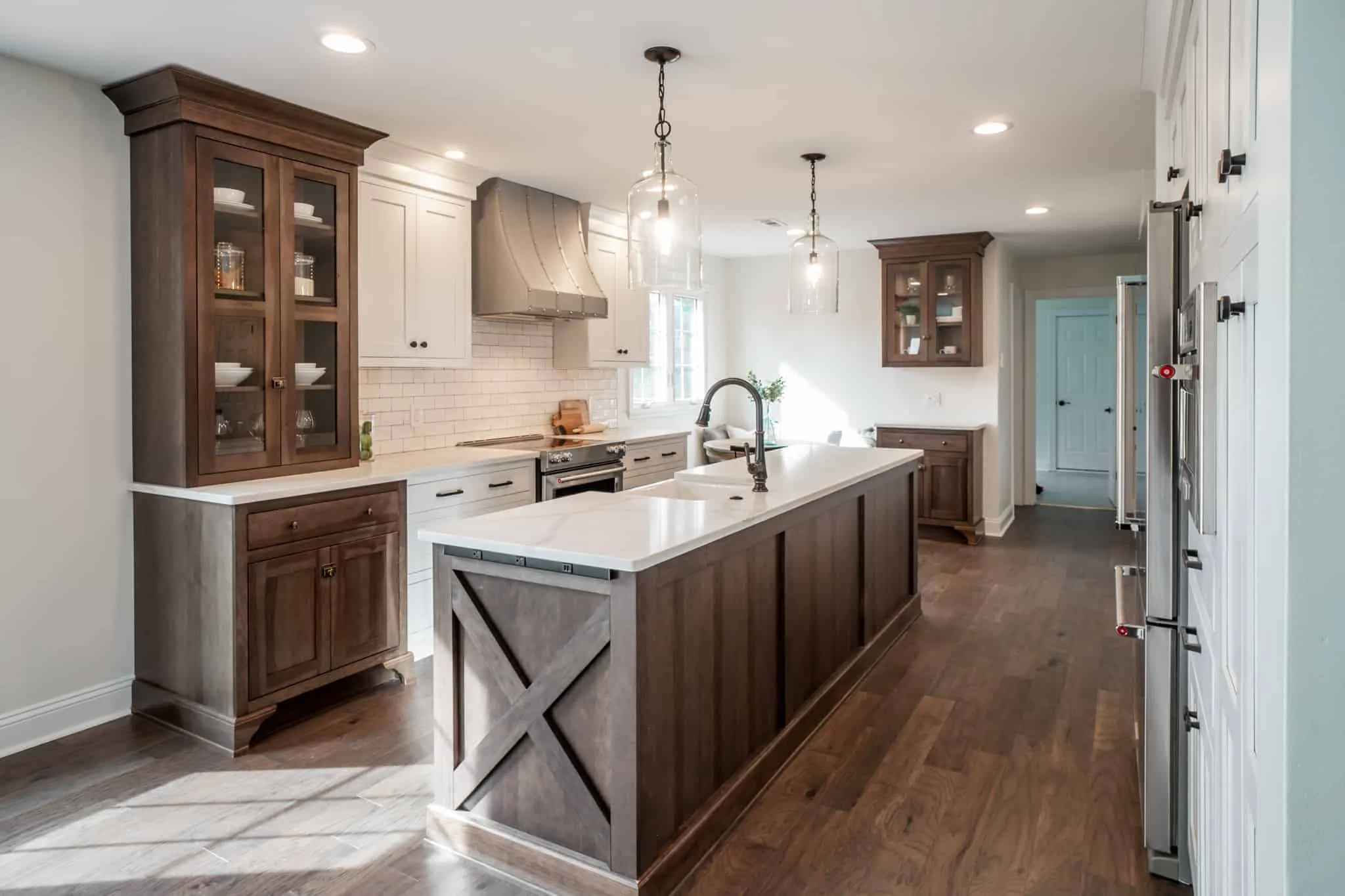House flipping can be a profitable real estate investment, but securing the right financing is crucial. Traditional mortgages aren’t designed for short-term property investments, so most flippers use alternative loan types or funding sources.
Here’s a breakdown of the best mortgage and financing options for house flipping in the U.S.
1. Hard Money Loans – Best for Speed and Flexibility
Hard money loans are short-term, asset-based loans offered by private lenders rather than banks.
Why it’s good for flipping:
- Quick approval and funding (often within days)
- Based on property value, not just credit score
- Ideal for investors who need to move fast
Downsides:
- Higher interest rates (8–15%)
- Short repayment terms (6–24 months)
- Higher fees and down payment requirements (usually 20–30%)

2. Rehab Loan (FHA 203(k) or Fannie Mae HomeStyle) – Best for Live-In Flippers
If you’re planning to flip and live in the home, rehab loans allow you to finance both the purchase and renovation costs in one loan.
Types include:
- FHA 203(k): Lower credit score requirements (as low as 580)
- Fannie Mae HomeStyle: Higher loan limits and more flexible renovation rules
Why it’s good for flipping:
- Low down payment (as low as 3.5% for FHA)
- Covers both purchase and repair costs
- Good for smaller to mid-sized renovations
Downsides:
- Requires owner-occupancy (you must live in the home for at least 1 year)
- More paperwork and longer closing times than hard money

3. Private Money Loans – Best for Custom Deals
Private money comes from individual investors or groups willing to fund your flip in exchange for interest or equity.
Why it’s good for flipping:
- Flexible terms and repayment schedules
- Can be used for multiple projects
- Easier to negotiate than institutional loans
Downsides:
- Varying levels of professionalism among lenders
- May require strong relationships or networking

4. Cash-Out Refinance or HELOC – Best for Experienced Investors
If you already own property, a cash-out refinance or home equity line of credit (HELOC) can provide funds for your next flip.
Why it’s good for flipping:
- Lower interest rates compared to hard money
- Easy access if you have equity in another home
Downsides:
- Ties up your existing property as collateral
- Longer approval process than private or hard money

Frequently Asked Questions (FAQ)
Q: What is the best mortgage for flipping houses?
A: Hard money loans are typically the best option due to their speed and flexibility, especially for short-term flips.
Q: Can I use an FHA loan to flip houses?
A: The FHA 203(k) loan allows you to renovate and live in the home, but you cannot flip it immediately—it requires owner occupancy.
Q: Do banks offer loans specifically for house flipping?
A: Not typically. Most traditional banks avoid lending for speculative real estate deals. Investors usually rely on hard money lenders or private financing.
Join The Discussion